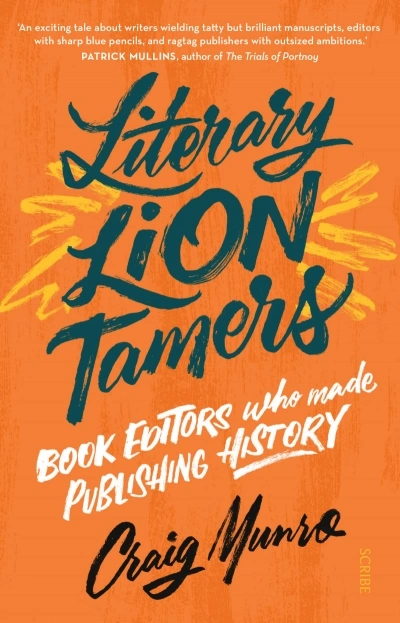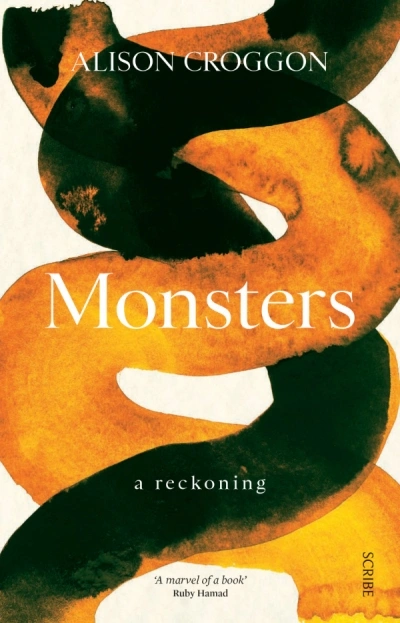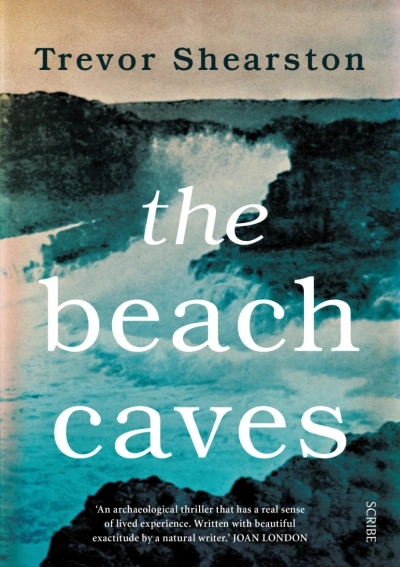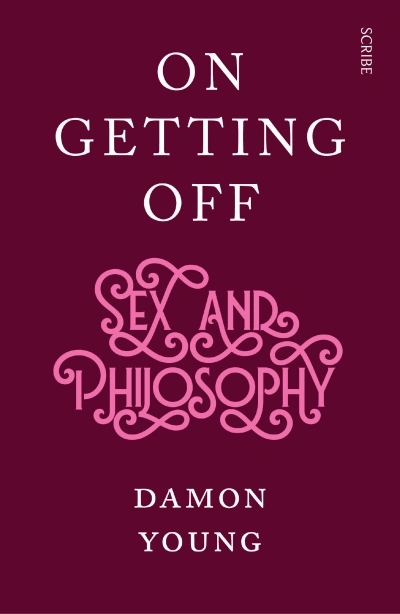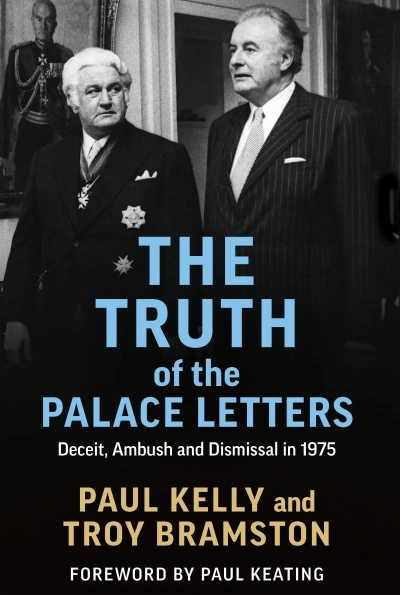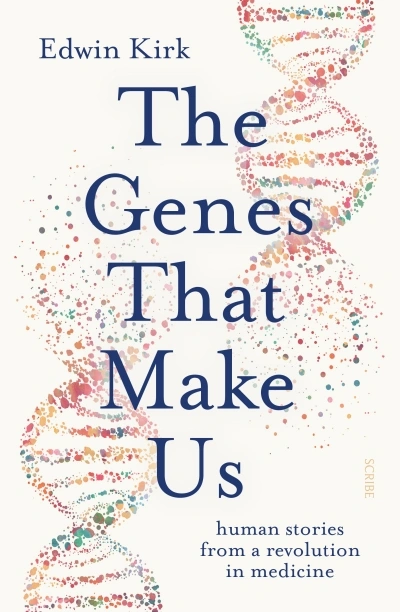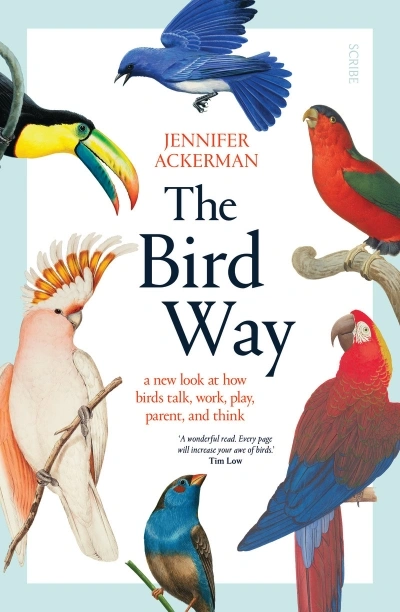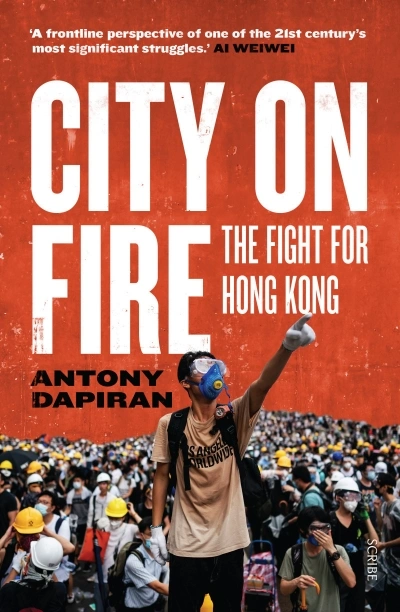Scribe
Literary Lion Tamers: Book editors who made publishing history by Craig Munro
To survey concurrent works of art is to take the temperature of a particular time, in a particular place. And the temperature of the time and place in these four début Australian novels? It is searching for a sense of belonging, and, at least in part, it’s coming out of western Sydney in the wake of the 2005 Cronulla riots. All four novels are set in New South Wales, three of them in suburban Sydney. Each is concerned with who is entitled to land and the stories we tell while making ourselves at home in the world, sometimes at the expense of others.
... (read more)Determining connections between books sent as a review bundle is not mandatory, but there is an irresistible tendency to find some common theme. In the case of these three novels, the theme of women’s pain, and hidden pain at that, does not need to be teased out – it leaps out. Since it is unlikely that three different authors would have colluded, the prevalence of this is worth deeper reflection, especially considering recent titles such as Kylie Maslen’s essays on illness, Show Me Where It Hurts, or Kate Middleton’s extraordinary memoir essay ‘The Dolorimeter’, placed second in the 2020 Calibre Prize.
... (read more)

